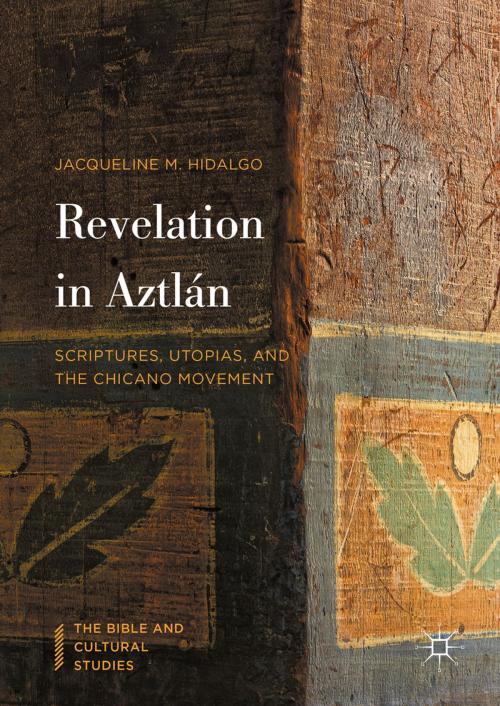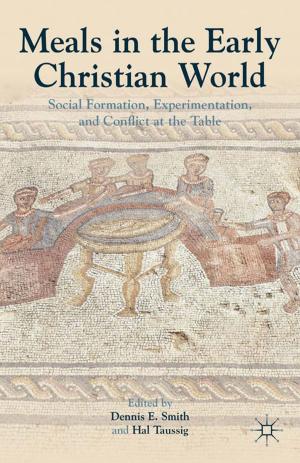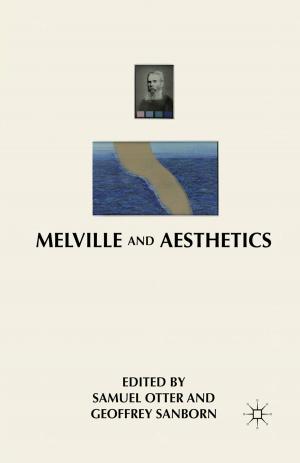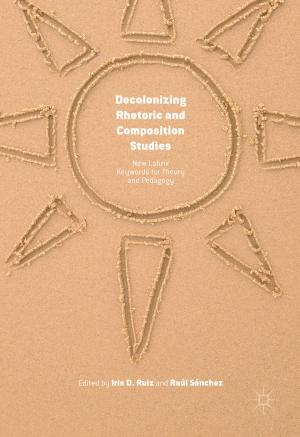Revelation in Aztlán
Scriptures, Utopias, and the Chicano Movement
Nonfiction, Social & Cultural Studies, Social Science, Sociology, Marriage & Family, Religion & Spirituality, Inspiration & Meditation, Spirituality, Bible & Bible Studies| Author: | Jacqueline M. Hidalgo | ISBN: | 9781137592149 |
| Publisher: | Palgrave Macmillan US | Publication: | August 31, 2016 |
| Imprint: | Palgrave Macmillan | Language: | English |
| Author: | Jacqueline M. Hidalgo |
| ISBN: | 9781137592149 |
| Publisher: | Palgrave Macmillan US |
| Publication: | August 31, 2016 |
| Imprint: | Palgrave Macmillan |
| Language: | English |
Bridging the fields of Religion and Latina/o Studies, this book fills a gap by examining the “spiritual” rhetoric and practices of the Chicano movement. Bringing new theoretical life to biblical studies and Chicana/o writings from the 1960s, such as El Plan Espiritual de Aztlán and El Plan de Santa Barbara, Jacqueline M. Hidalgo boldly makes the case that peoples, for whom historical memories of displacement loom large, engage scriptures in order to make and contest homes. Movement literature drew upon and defied the scriptural legacies of Revelation, a Christian scriptural text that also carries a displaced homing dream. Through the slipperiness of utopian imaginations, these texts become places of belonging for those whose belonging has otherwise been questioned. Hidalgo’s elegant comparative study articulates as never before how Aztlán and the new Jerusalem’s imaginative power rest in their ambiguities, their ambivalence, and the significance that people ascribe to them.
Bridging the fields of Religion and Latina/o Studies, this book fills a gap by examining the “spiritual” rhetoric and practices of the Chicano movement. Bringing new theoretical life to biblical studies and Chicana/o writings from the 1960s, such as El Plan Espiritual de Aztlán and El Plan de Santa Barbara, Jacqueline M. Hidalgo boldly makes the case that peoples, for whom historical memories of displacement loom large, engage scriptures in order to make and contest homes. Movement literature drew upon and defied the scriptural legacies of Revelation, a Christian scriptural text that also carries a displaced homing dream. Through the slipperiness of utopian imaginations, these texts become places of belonging for those whose belonging has otherwise been questioned. Hidalgo’s elegant comparative study articulates as never before how Aztlán and the new Jerusalem’s imaginative power rest in their ambiguities, their ambivalence, and the significance that people ascribe to them.















